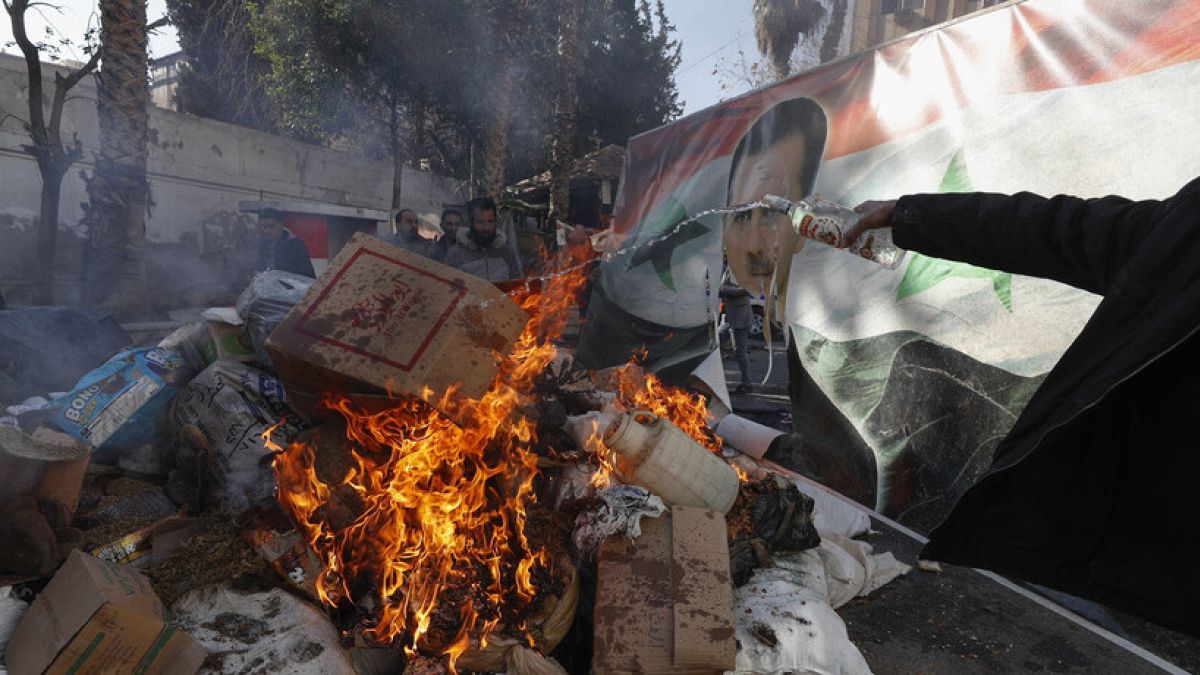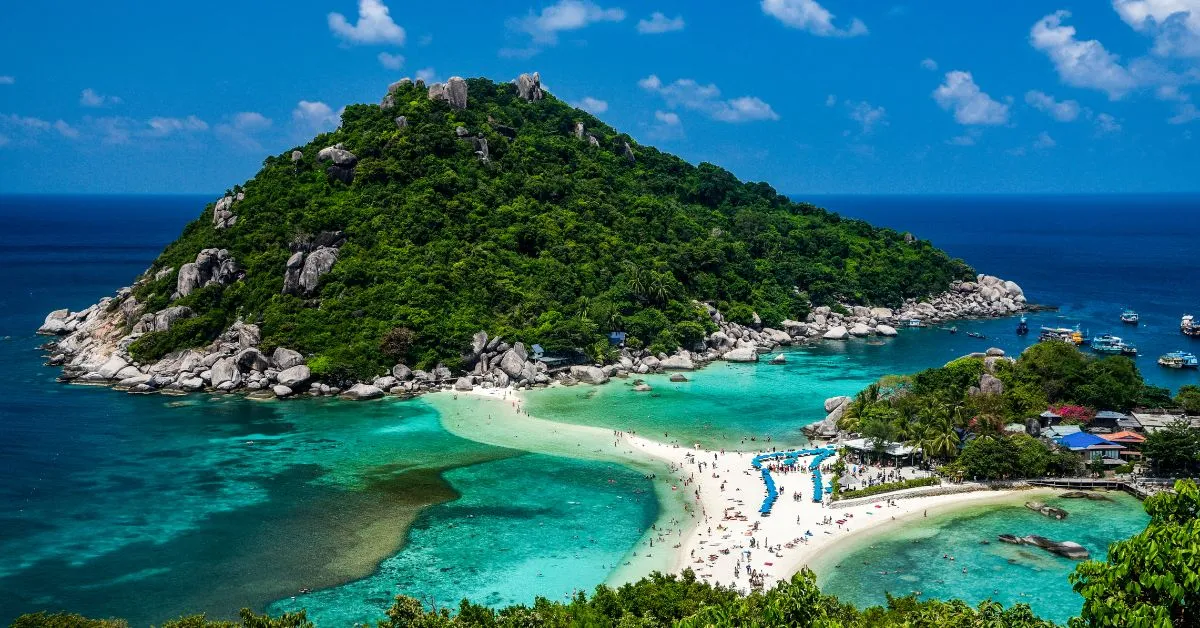The far right in the European Parliament has said Manfred Weber, who leads the centre-right group, is a poster boy for their cause of stemming migration.
On Friday (10 February), a spokesperson from the far-right Identity and Democracy (ID) claimed that all their demands on migration had found home in the last EU summit conclusions.
“We wouldn’t have been able to do this on our own. We had an excellent spin doctor,” said ID spokesperson, Tobias Teuscher, at a press conference in Brussels .
“You know him all, Manfred Weber is his name,” he said, holding up a poster of Weber.
“If he is adopting our policies, then maybe he should come and work for us,” he said.
The 64 MEPs in the ID group come from Germany’s radical-right AfD party, France’s National Rally, and Italy’s Lega, among others.
“The far right group in the European Parliament literally just made @ManfredWeber their poster boy,” said the socialist group, in a tweet.
“That’s what happens when you copy from the far right playbook,” they said.
Weber has been advocating for the EU to finance border walls and fences, proposals that would have been unheard of years ago among mainstream parties.
He also supports offshoring asylum and the setting up of reception camps in Africa.
“They [asylum seekers] can then lodge their applications in Africa,” he said, in a plenary debate last November.
The idea has already gained traction among socialists in Denmark, as well as the far-right government in Italy.
“That is the kind of model that we should work on in the European Union,” Weber said.
Unlike the far-right, Weber had also spoken of the lack of solidarity for those that need international protection.
“Contrary to what radical right-wing parties want, we must under no circumstances lay our hands on the right to asylum,” he wrote in a recent op-ed in Welt, a German newspaper.
But in a separate debate on influence peddling in the European Parliament, Weber was also accused of spouting far-right views on NGOs by Human Rights Watch.
Weber’s office did not immediately reply to questions about the ID stunt.
The political attacks come at a time when the EU seeks to beef up external borders and offshore its solutions to countries often mired in poverty and conflict, such as Libya and Mali.
The EU summit in Brussels on Thursday promised to “immediately mobilise substantial EU funds and means to support member states in reinforcing border protection capabilities.”
That promise comes with two new pilot projects on securing borders, announced in the early morning hours on Friday by European Commission president Ursula von der Leyen.
One will include “mobile and stationary infrastructure from cars to cameras from watch towers to electronic surveillance,” she said.
A second will focus on border procedures in order to process claims and send those rejected back home, with support from the EU’s border guard Frontex, Europol, and the EU’s asylum agency.
Von der Leyen did not specify where those pilots would be launched, but last week she told the European Parliament that the border along Bulgaria and Turkey was “the most pressing issue right now.”




















Discussion about this post